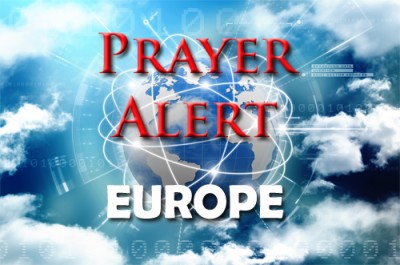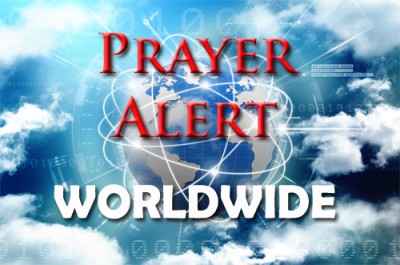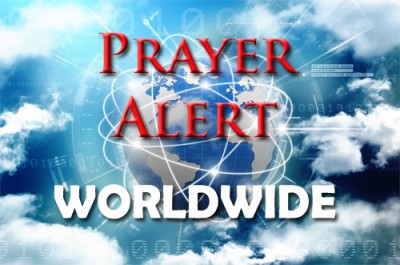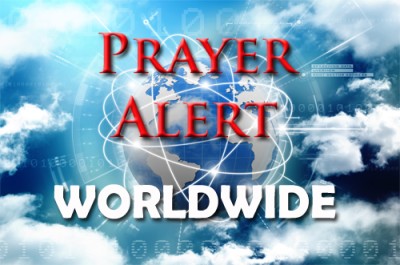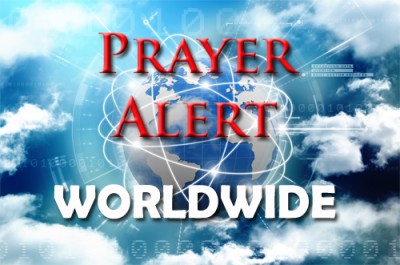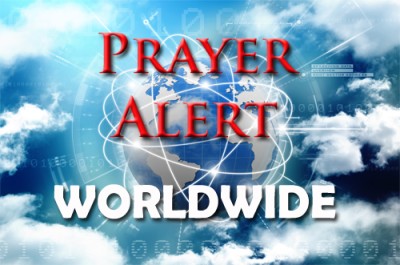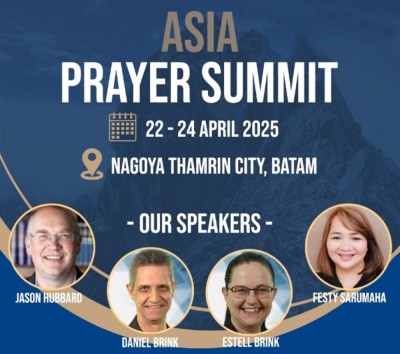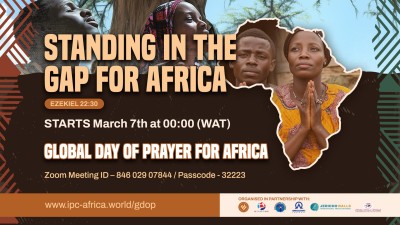Germany: conscription to be reintroduced?
06 Mar 2025Germany’s conservative leaders have argued that the country should quickly reintroduce compulsory military service. Friedrich Merz, leader of the new CDU/CSU government, argues that Europe must take greater responsibility for its defence, especially given NATO’s uncertain future. Defence spokesman Florian Hahn says the suspension of conscription ‘no longer fits the current threat situation’, and wants to see new conscripts before the end of 2025. Merz also supports a mandatory year of military or community service to strengthen personnel numbers. While conscription remains controversial, cross-party support for it is increasing. A new system, put in place by the previous government, will require 18-year-old men to complete a questionnaire about their interest in the army and their physical condition; for women it will be optional. A contingent of men and women will then be invited to a selection process. Without immediate action, Germany’s armed forces risk severe shortages in the coming years.
Tariffs: Trump targets Canada, Mexico, China
06 Mar 2025Donald Trump has imposed a 25% duty on imports from Canada and Mexico and doubled tariffs on Chinese goods to 20%. He says that all three countries have failed to do enough to stem the flow of the deadly opioid fentanyl. These measures could disrupt over $2.2 trillion in trade. China immediately retaliated, announcing new tariffs on US agricultural products and export restrictions on 25 American firms, including those linked to arms sales to Taiwan. Canada and Mexico also pledged countermeasures, with Canada targeting US goods such as beer, wine, and home appliances. Ontario premier Doug Ford even suggested halting nickel shipments and electricity exports to the USA. China, already facing heightened tariffs on semiconductors and electric vehicles, expressed frustration, accusing the US of violating trade agreements. With trade tensions escalating, global markets remain uncertain as major economies brace for economic fallout.
Tunisia: forty opposition figures put on trial
06 Mar 2025The trial has begun of forty prominent Tunisian opposition figures accused of conspiring against state security. The proceedings sparked outrage as nine detained defendants were forced to attend remotely, a move decried as a violation of fair trial standards. Families of the accused and demonstrators outside the courthouse demanded transparency and judicial integrity, chanting against political repression. While critics regard the trial as part of president Kais Saied’s crackdown on dissent, some citizens support his actions, blaming the opposition leaders for economic hardships. International organisations, including Amnesty International and the UN, have condemned the mass prosecution as a sign of Tunisia’s democratic decline. Meanwhile, the country’s economic crisis deepens, with inflation, unemployment, and stalled IMF negotiations adding to public discontent. The outcome of the trial could shape Tunisia’s political future and global standing.
Pakistan: suicide bombers target military base
06 Mar 2025At least twelve people were killed and thirty wounded in a deadly militant attack on a military base in Bannu, northwestern Pakistan. Two suicide bombers detonated explosive-laden vehicles near the base’s wall, allowing several attackers to attempt entry before being eliminated. The attack occurred after sunset, when many would have been breaking their Ramadan fast. A Taliban-linked group, Jaish Al-Fursan, claimed responsibility. The explosions damaged homes, causing roofs and walls to collapse, killing civilians, including four children. A nearby mosque was also severely impacted, with the imam among the dead. Prime minister Shehbaz Sharif condemned the assault, and the province's chief minister has ordered an investigation. This was the third militant attack in Pakistan since Ramadan began, continuing a pattern of escalating violence in the region. Security forces remain on high alert following the assault.
Japan: worst wildfire in fifty years
06 Mar 2025Japan is battling its worst wildfire in fifty years, with over four thousand residents evacuated and one confirmed dead. The blaze, which started near the northern town of Ofunato, has consumed around 2,600 hectares. It follows Japan’s hottest recorded summer, exacerbated by climate change and low rainfall. Firefighters and military helicopters are struggling to contain the flames, with no sign of control. Nearly two thousand firefighters, many from Tokyo, are on the scene. The Iwate region, previously devastated by the 2011 tsunami, now faces further hardship. Authorities continue to assess the damage, which includes at least eighty buildings. While wildfires in Japan have declined since the 1970s, the country still saw 1,300 in 2023, mostly during the months of February to April when the air dries and winds pick up.
Indonesia: severe flooding in and around Jakarta
06 Mar 2025Severe flooding in Jakarta and surrounding areas has displaced thousands and caused significant property damage. Torrential rains since 3 March have raised water levels by up to three metres, submerging over a thousand homes and vehicles. The capital’s governor has declared a heightened alert, ordering water pumps and cloud seeding operations to reduce rainfall. Bekasi has been hit hardest, with floodwaters inundating a hospital, forcing patient evacuations and causing power cuts. Rescue teams are using boats to assist trapped residents. This is Jakarta’s worst flooding since 2020, when record rains claimed sixty lives. Authorities are closely monitoring the situation and coordinating relief efforts, including evacuations, food distribution, and emergency services. The weather agency has warned that heavy rains may persist until 11 March, potentially worsening conditions. Residents are urged to remain vigilant and adhere to guidance from local authorities.
Venue: Batam, Indonesia
Our Theme: CALL to the WALL (Isaiah 62:6-7)
Our Vision: Asian cities transformed through continuous 24-7 prayer...
The Purpose of this Summit: To encourage, equip and establish night-and-day prayer in every nation across Asia by 2033.
We are trusting the Lord for at least two delegates from each country across Asia/Oceania to attend this timely, strategic event.
Who should attend:
- All believers who desire a deeper walk with God.
- Leaders of existing 24-7 Prayer Ministries & Networks.
- Leaders with a vision to establish a 24-7 Prayer Watch in their church or city
Please share this invitation with your networks as you prayerfully consider inviting leaders who would be able to assist in expanding 24-7 Prayer in your city/nation.

More information and registration: https://www.asiaprayersummit.id
Presented by: Jericho Walls International Prayer Network | International Prayer Connect (IPC)
 Thank you so much for being with us on this worship and prayer journey - Exalting Jesus, catalyzing united prayer for Kingdom transformation of peoples, cities and nations!
Thank you so much for being with us on this worship and prayer journey - Exalting Jesus, catalyzing united prayer for Kingdom transformation of peoples, cities and nations!
All Glory to the Lamb!
Jason Hubbard - Director
International Prayer Connect
March 7, 2025
Starts 0:00 HRS (WAT)
Join us Online HERE (Code 32223)
This event is being convened at very short notice, in response to a burden being shared with IPC’s regional leaders a few days ago. If you share our sense of urgency, DO PRAY! – as and when you are able, or join us online.
We invite you to be part of this global prayer movement for Africa on March 7-8, 2025, as we stand in the gap for the continent's troubled nations, especially Congo and Sudan.
This 24-hour prayer event will unite churches, prayer networks, and intercessors worldwide, seeking God’s intervention for Africa’s ongoing crises.
Starts: March 7 at 00:00 WAT
March 6: 3PM Seattle | 6PM New York | 11PM London
March 7: 1AM Jerusalem | 4:30AM New Delhi | 6AM Singapore |
7AM Tokyo | 9AM Sydney
Pray from home, church, school, work – wherever you are.
Download Prayer Guide | Read the Full Invitation | 24HR Schedule & More Info
Join us Online HERE (Code 32223)
24 Hour Zoom Call starts at 0:00HRS (WAT) - Friday 7th March 2025
With wars, poverty, displacement, and instability affecting millions, now is the time to pray! Let it not be said that we stood idle when Africa needed intercessors. Will you stand in the gap?
I looked for someone among them who would build up the wall and stand before me in the gap on behalf of the land so I would not have to destroy it, but I found no one. Ezekiel 22:30
Prayer and mission leaders from across the world will be hosting and leading our worship and prayers each hour during this 24-hour relay.
Join us and spread the word!
